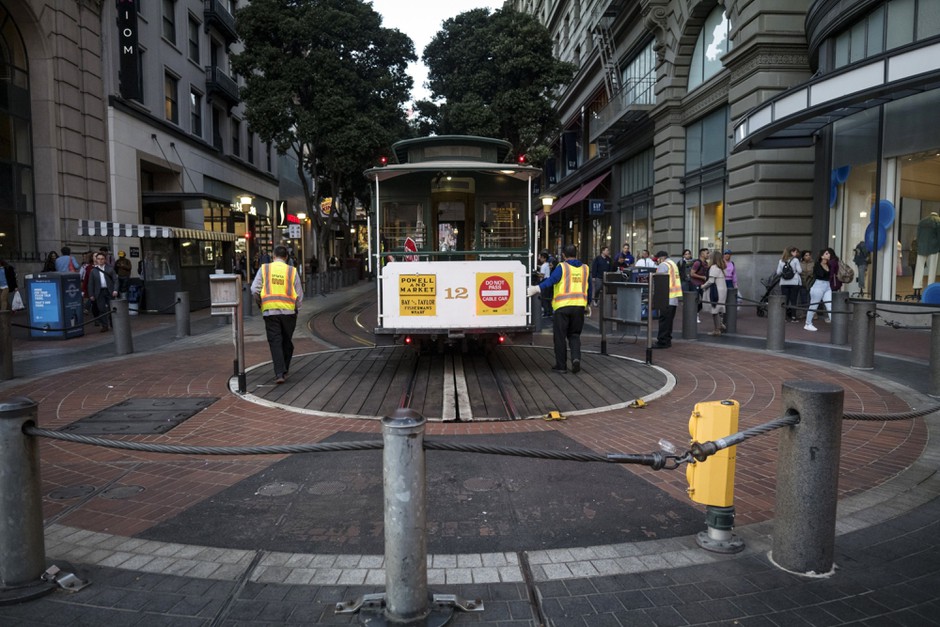The Hub 4/10/2020: Clean Air Council’s Weekly Round-Up of Transportation News

“The Hub” is a weekly round-up of transportation related news in the Philadelphia area and beyond. Check back weekly to keep up to date on the issues Clean Air Council’s transportation staff finds important.
PlanPhilly: SEPTA to close stations, dramatically reduce service as coronavirus death toll rises – SEPTA is now operating on greatly reduced “lifeline service,” prioritizing access to grocery stores and medical services. 10 Market-Frankford Line stations, 8 Broad Street Line stations, and most underground trolley stations will close. Half of SEPTA’s bus and trolley lines will cease operations all together. SEPTA urges residents to stay home and avoid using transit to allow for the safe travel of essential workers who depend on it.
The Inquirer: Philadelphia officials stopped Rivers Casino from closing off its Delaware River trail, but that’s not enough – Sugarhouse Casino manages part of the Delaware River Trail in the bustling neighborhood of Fishtown. When the casino was ordered to shut down, their section of the trail went with them. The City of Philadelphia recognized the importance of the trail to the surrounding community and ordered the casino’s section to be reopened, however there is still a shortage of outdoor spaces where people can safely exercise at a distance from one another.
Next City: Coronavirus Outbreak Triggers New Thinking About Transit’s Essential Role – While many during the outbreak are able to stay home, we all depend on essential workers, and they need transit to get to work. While many think of transit as a safety net for people who can’t drive, this crisis has thrown into sharp focus the fact that mobility for all is a backbone of our urban society.
CityLab As Coronavirus Quiets Streets, Some Cities Speed Road and Transit Fixes – While the streets and transit lines of the world are emptier than ever, some municipalities are taking the lull in activity to clear their maintenance backlog and make improvements. At a time when transit agencies and transportation departments are strapped for cash due to lost revenue, being able to work on empty streets and tracks can save resources in the long run.
Streets Blog: DATA DUMP: Total Driving is Down in All Major U.S. Cities – As much of the country is living under stay at home orders, vehicle miles travelled are down across the board. This trend is most dramatic in major metropolitan areas, some of which have had a 90% reduction in driving over the month of March.
Image Source: City Lab

